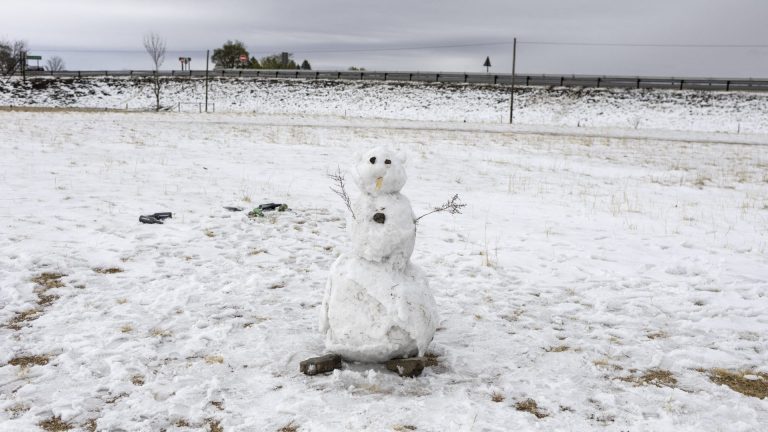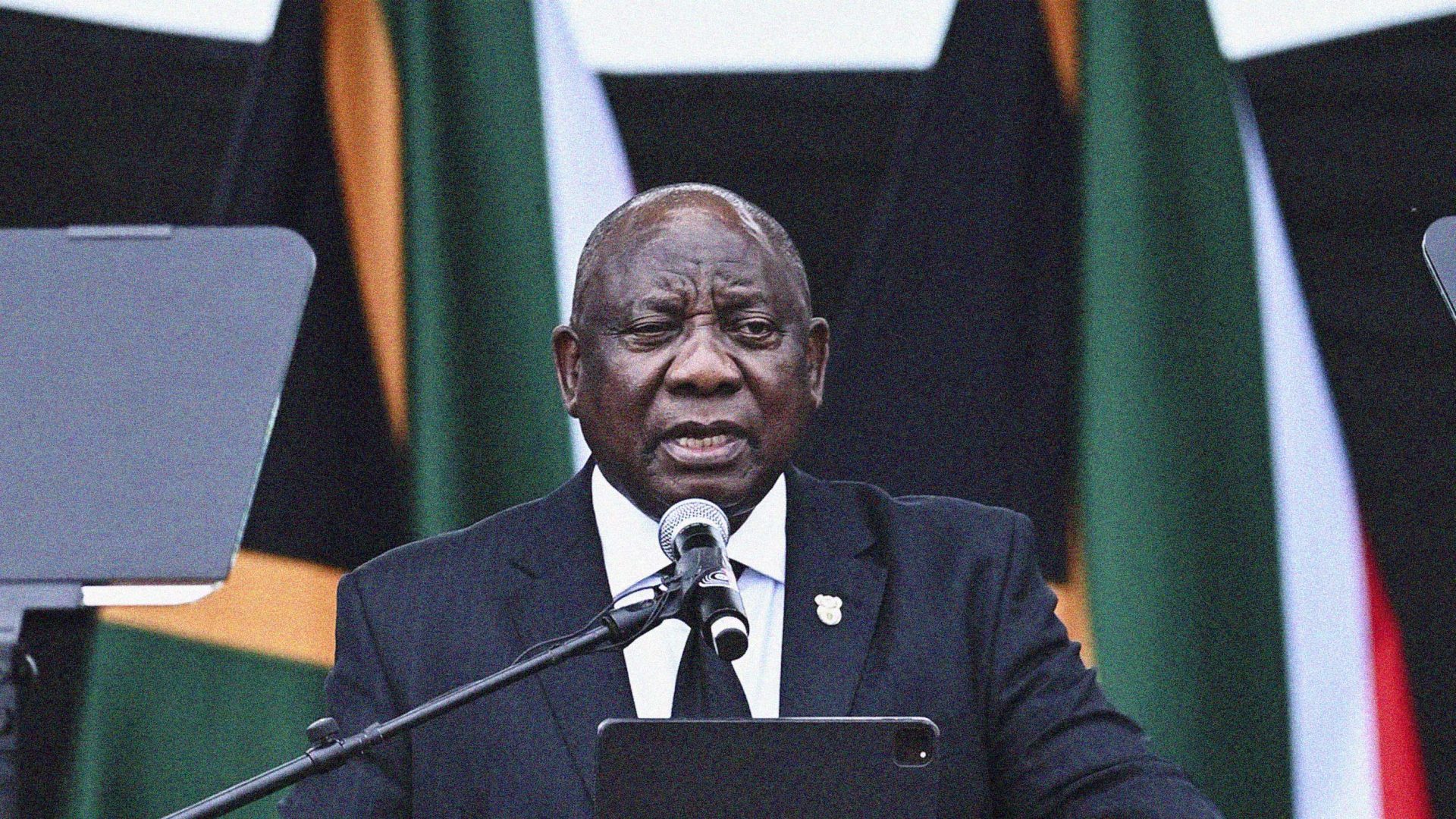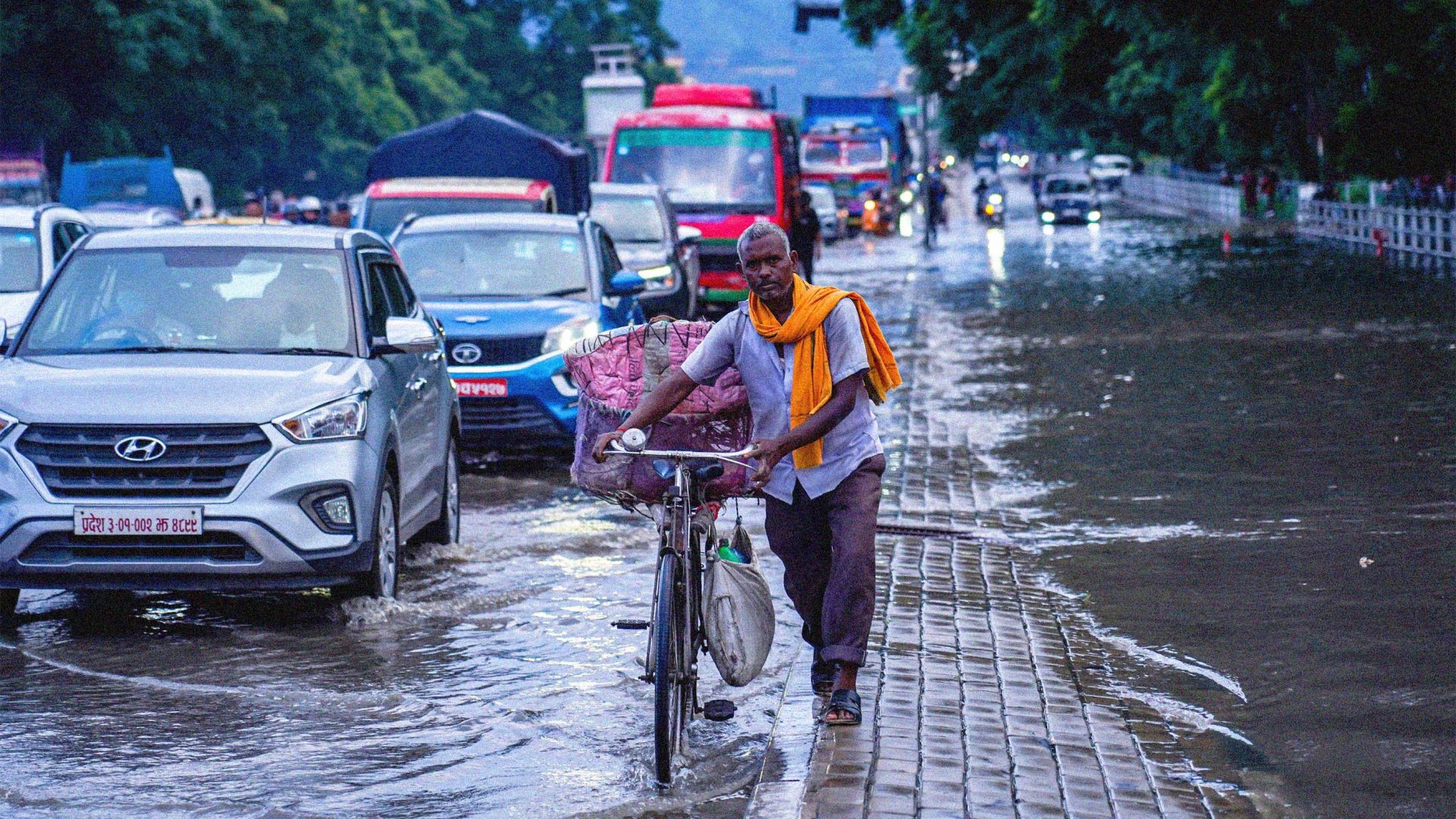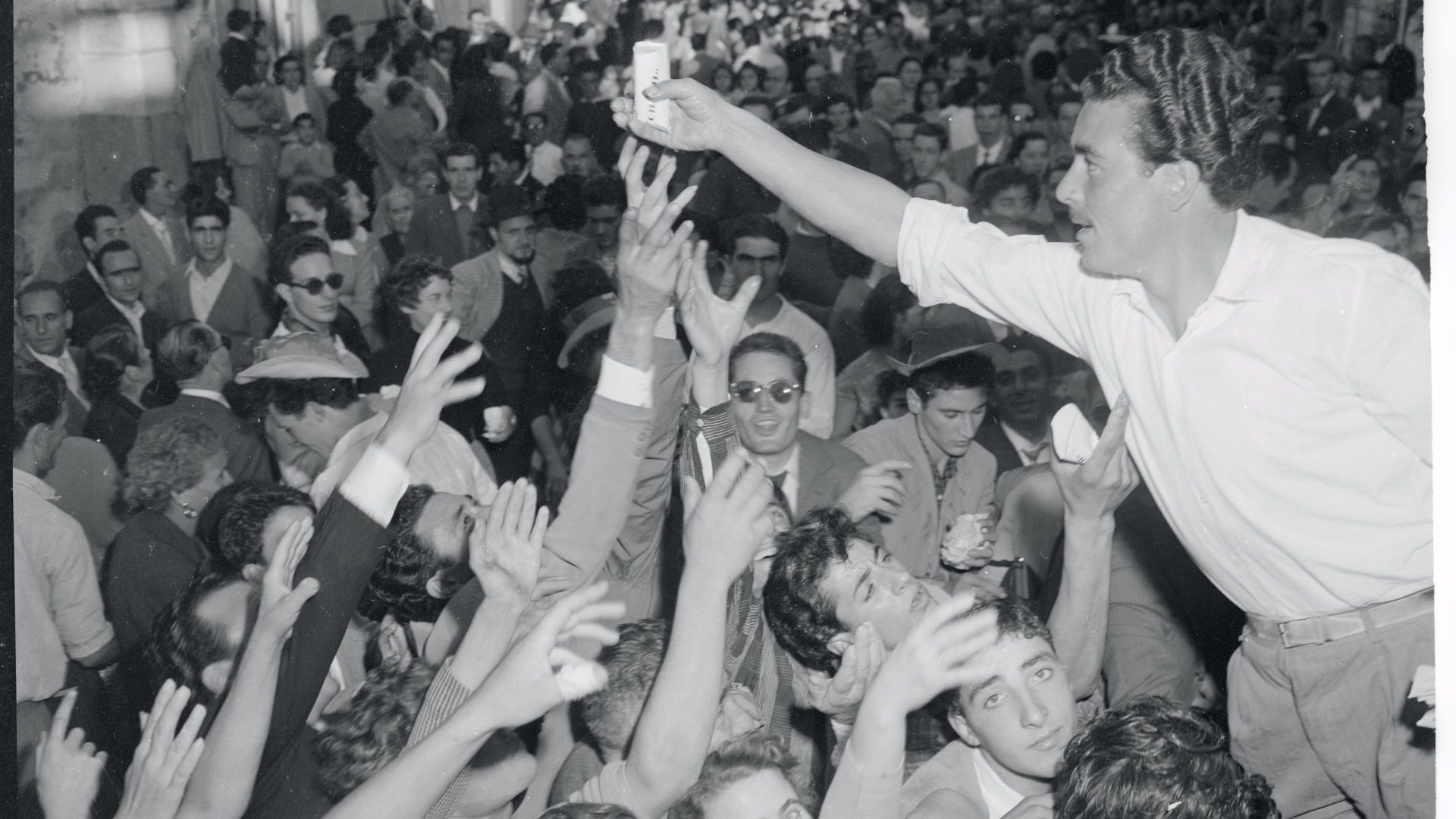South Africans love a good commission of inquiry. We also love gossip and scandal. Lately, we’ve perhaps had too much of both.
A judicial commission of inquiry is a powerful tool in South Africa, used for staging a public investigation into serious allegations. Although it is usually called by the president, and all witnesses are under oath, their findings aren’t legally binding. Nonetheless, the two dozen commissions we’ve had during our 30-odd years of democracy have brought change, from uncovering state capture to understanding the Marikana massacre.
Our latest is the Madlanga Commission, named, as per usual, after the former constitutional court judge and acting deputy chief justice presiding over it. The commission is investigating extensive political collusion and criminal interference in the country’s policing and crime-fighting agencies. In short, our police are in big trouble.
It all started with a press briefing, when a provincial police commissioner made some startling accusations, particularly regarding the then police minister, Senzo Mchunu. The minister is now on special leave with full pay, while the country has an acting police minister. A commission was set up, and South Africans grabbed their popcorn.
Two weeks in, and we have not been disappointed. Allegations have been made of intelligence leaks to criminals, deliberate suppression of investigations, and the allegedly unlawful disbanding of a team looking into political killings. Incriminating WhatsApp messages have emerged.
As if that weren’t enough, news came from Paris that the South African ambassador to France, Nathi Mthethwa, had died after allegedly forcing open a secure window on the 22nd floor of a hotel and jumping. It was puzzling and saddening. It is also noteworthy, as he was previously the minister of safety and security and then the minister of police from 2009-14. His name had been mentioned at the Madlanga Commission already. It’s possible he would have been called to testify.
These kinds of tense scenes and mysterious events would fit well in a movie, but in real life they feel awkward and worrying. Even South Africans, who are used to odd and sensational political events, want transparent government.
Suggested Reading

South Africa’s winter is here
To hear about the alleged rot in the policing system is so troubling because we want these institutions to function well. But also, for a country with extensive crime problems, police behaviour isn’t a distant, abstract issue. I have sat in my freshly burgled home speaking to officers, wondering why they were more interested in knowing whether I was single than whether I was traumatised. I have sat in police stations waiting for a friend whose only “crime” was refusal to pay a bribe. And I know that dull sense of dread when the white and blue van pulls up next to me.
We want these systems to work, but we know they often don’t. Even so, finally seeing how deep the problems go is disturbing. The commission opens up the possibility that we will get the full picture of police corruption, but ultimately, just knowing will not be enough. As one talk radio host quipped, “South Africa doesn’t have a corruption problem, we have a consequences problem.”
And herein lies my real concern. It’s not that the headlines are a bit over the top, or that the truths revealed are a bit too shocking. It is that the shock does not prompt action.
When the news about my beloved country is so troubling, I want to know what happens next, and whether it will make any difference. Will we have accountability? Will it help us to change – this time for the better?
Elna Schütz is a Johannesburg-based journalist working in audio and writing



